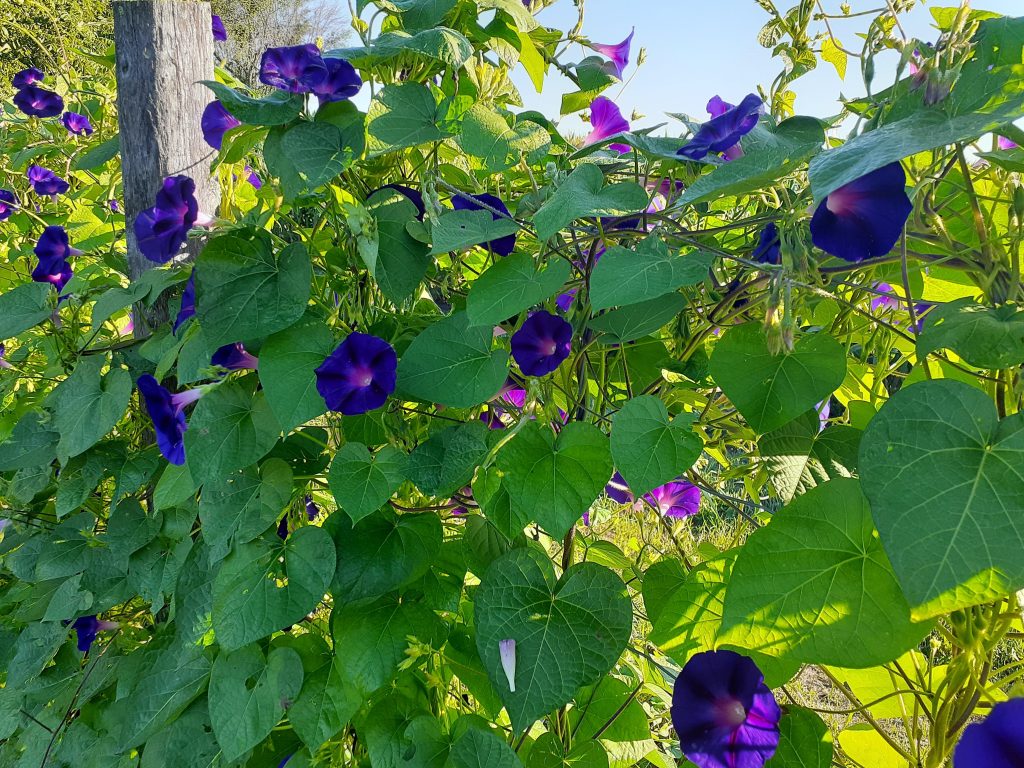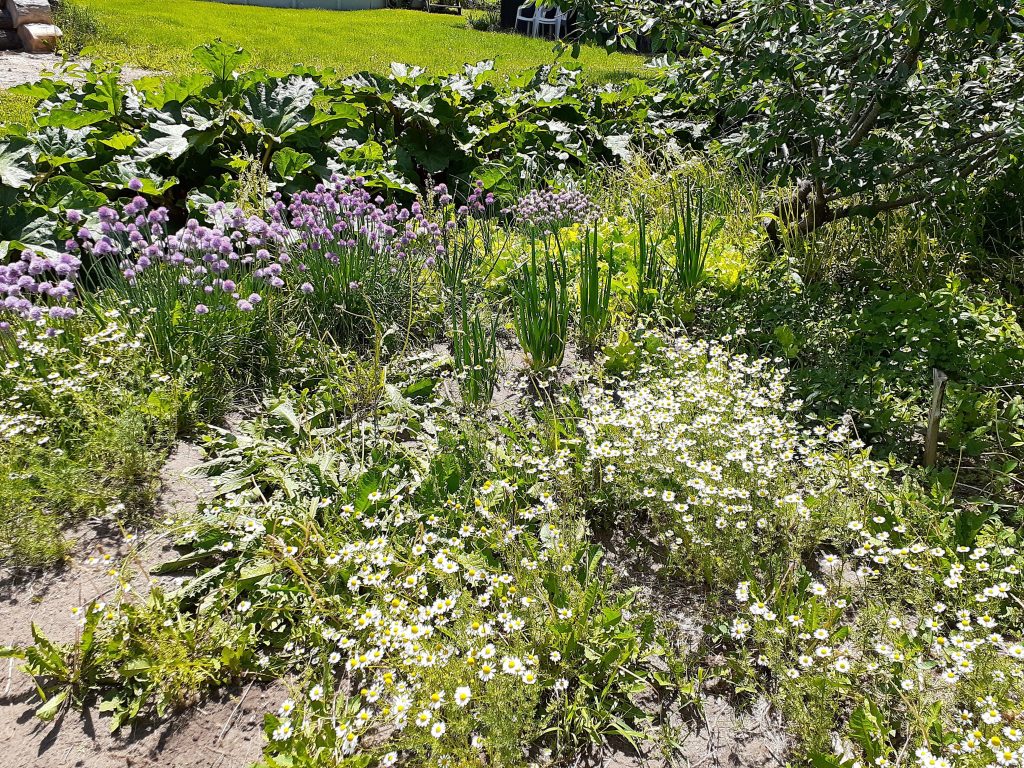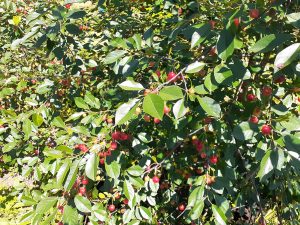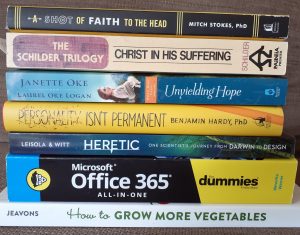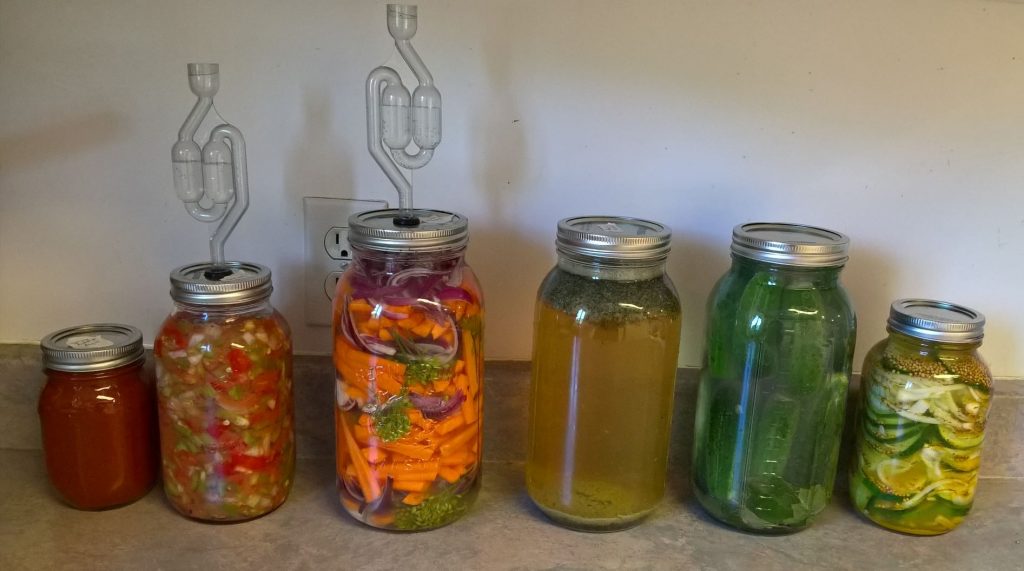
from the Fermenting Challenge
Do you want to learn to cook the traditional way, adding nutritional value to your food with newfound skills? It’s something I’ve always been interested in. In fact, years ago I posted about medieval cookery and we actually own the Laura Ingalls Wilder cookbook. We also made yoghurt, bone broth, and ‘friendship cake’, a type of sourdough. But as the years passed, we were overwhelmed with homeschooling and illness and some of these ‘extras’ disappeared from our lives. Life happens.
A few years ago I discovered Wardee’s Traditional Cooking School. Wardee teaches so many exciting traditional skills and offer so many recipes and so much advice. The school was and is awesome, but at times I got overwhelmed and, unable to decide on the next project, did nothing.
Then, last summer, I joined a 28 day Traditional Cooking Challenge. Each weekday had a video or two, a written lesson, and hands-on homework, and the weekends were for catching up. With this sort of handholding I actually learned much more than just from the courses. I really think the access to an online discussion group also helped—when I had a question, I could check in with others who were doing the same projects as well as with Traditional Cooking School staff. I enjoyed that challenge so much that I did a Fermenting Challenge not much later, and a few months ago I did a Sourdough Challenge. Because learning, videos and homework were assigned day by day and were very organized and encouraging, I was able to learn and do far more than I had imagined possible. It was fun, too, and there were prizes and a graduation ceremony at the end. Wardee and the other hosts are such enthusiastic and encouraging women.
I especially love that the Traditional Cooking School is unabashedly Christian, unlike many traditional foods resources. As Joel Salatin writes in The Pigness of Pigs, Christians, as stewards of God’s creation, should be at the forefront of stewardship of both the earth and our bodies.
If you are at all interested in traditional cooking, you may find these Traditional Cooking School challenges a great way to get started.
Here is more information about each challenge:
The Traditional Cooking Challenge (28 days) covers a bit of most things in the Traditional Cooking School: Cheese, sour cream, mayonnaise, salad dressing (one of the best we’ve ever tasted), soaked nuts, beans, sprouting, chicken stock, soaked flour muffins that have become our standard, and even extra-nutritious, extra-delicious larabars, and more.
I didn’t do everything in the 14 day Fermenting Challenge, but I learned so much. As you can see in the photo, I fermented ketchup, salsa, ginger carrot sticks, switchel, and two kinds of pickles, and they were all yummy. In fact, the ketchup was the best I ever tasted and it was fun to be enjoying a super-healthy version of something that is very unhealthy in its commercial form. Although it wasn’t necessary, I also made the effort to get airlocks (the funny things on top of the jars), which help keep bad bacteria out of ferments. And I just loved having them fermenting on my counter like this—the colors were so vibrant that this is still one of my favorite photos of last summer.
This spring, when our world started shutting down, I took out the gluten-free sourdough started I’d ambitiously purchased earlier* (and then stored in the freezer) and signed up for the 14 day Sourdough Challenge. That was a life-changer and we now regularly eat sourdough gluten-free English muffins and bread, with the occasional cake and pizza. I’m continuing to learn and soon I’m hoping to figure out how to make a sourdough gluten-free focaccia bread. (*Note that if you are not gluten free you can easily make your own starter according to the instructions in the Challenge, but apparently gluten-free starter is a whole lot more finicky.)
After that I signed up for a 14 day Cultured Dairy Challenge, but between the garden and an increased homeschooling load, I went nowhere with it. It’s still available for me to do on my own whenever I can fit it in—likely in November when the garden is empty and the pantry and freezers are full again. It will involve making yoghurt, sour cream, various kinds of cheeses, and a probiotic ice cream.
After all this learning, what sticks? Well, there is something cultured, fermented, or soured almost every day. Sometimes it’s kefir or salad dressing with fermented ingredients; cheese is rarer. We have sourdough almost every day. When our cucumbers are ready, I’m planning to make cheese to have enough whey to ferment them rather than pickle them with vinegar. Although that sounds like a lot of work, there is creativity, deliciousness, and health all along the way. I find that being immersed in a traditional cooking mindset also leads to subtler changes that impact our health, tiny things that will add up, from using sea salt to minimizing commercial vegetable oils, from sometimes using our cast iron pan instead of a no-stick one to eating organic as much as possible—which currently means we have a big garden.
If your homeschooled teens want a project to go with their history studies or would like an entire Foods and Nutrition Credit, they can use a few of these challenges as a primary resource—but even if they don’t want to formally study traditional cooking, they will learn a lot just enjoying the results of your new skills.
There does not seem to be a challenge going on currently, but if you wish to learn more it’s a good idea to check out Wardee’s podcast, blog, and newsletter. There’s so much you can learn from her for free and it’s a good way to decide if traditional cooking is for you. If it seems promising, I recommend starting with her intro series of five free videos. You should also sign up for the free 30 day trial of the Traditional Cooking School some day when you can devote lots of time to exploring and learning or when a challenge is running, since challenges are included in the membership.
Is a Traditional Cooking School challenge a worthwhile investment for you? If you wish to improve your family’s health and kitchen skills, I think it is. You will learn various new skills and try healthy new foods while Wardee and her team hold your hand; you can print out the daily lessons to refer back to later; and you will improve your family’s health one step at a time. On the other hand, if you have no time and no way to free up any, I suggest waiting until a better season—but do check out her blog and podcast occasionally because better health saves a lot of time in the long run.
—
I have reviewed these Traditional Cooking School courses in the past:
—
Disclosure: I have received a free membership to Traditional Cooking School in order to review several of their resources.
